16 GPTs for Court Preparation Powered by AI for Free of 2026
AI GPTs for Court Preparation are advanced tools leveraging Generative Pre-trained Transformers to assist in legal processes and court case preparations. These AI-powered systems are designed to streamline the preparation for court appearances, document analysis, legal research, and simulation of court scenarios. By harnessing the power of AI, they offer tailored solutions that cater to the specific needs of legal professionals, enhancing efficiency and accuracy in the courtroom context.
Top 10 GPTs for Court Preparation are: JUDGE GPT,Brief Bot,Lone Star Legal Advisor,Aussie Law Guide,Single Dad's Custody Companion,Federal Rules Assistant,Rhody Receiver,UK Court Criminal Defence,Avoid Ticket Guide,Friend of the Friend
JUDGE GPT
Your AI-powered Legal Assistant
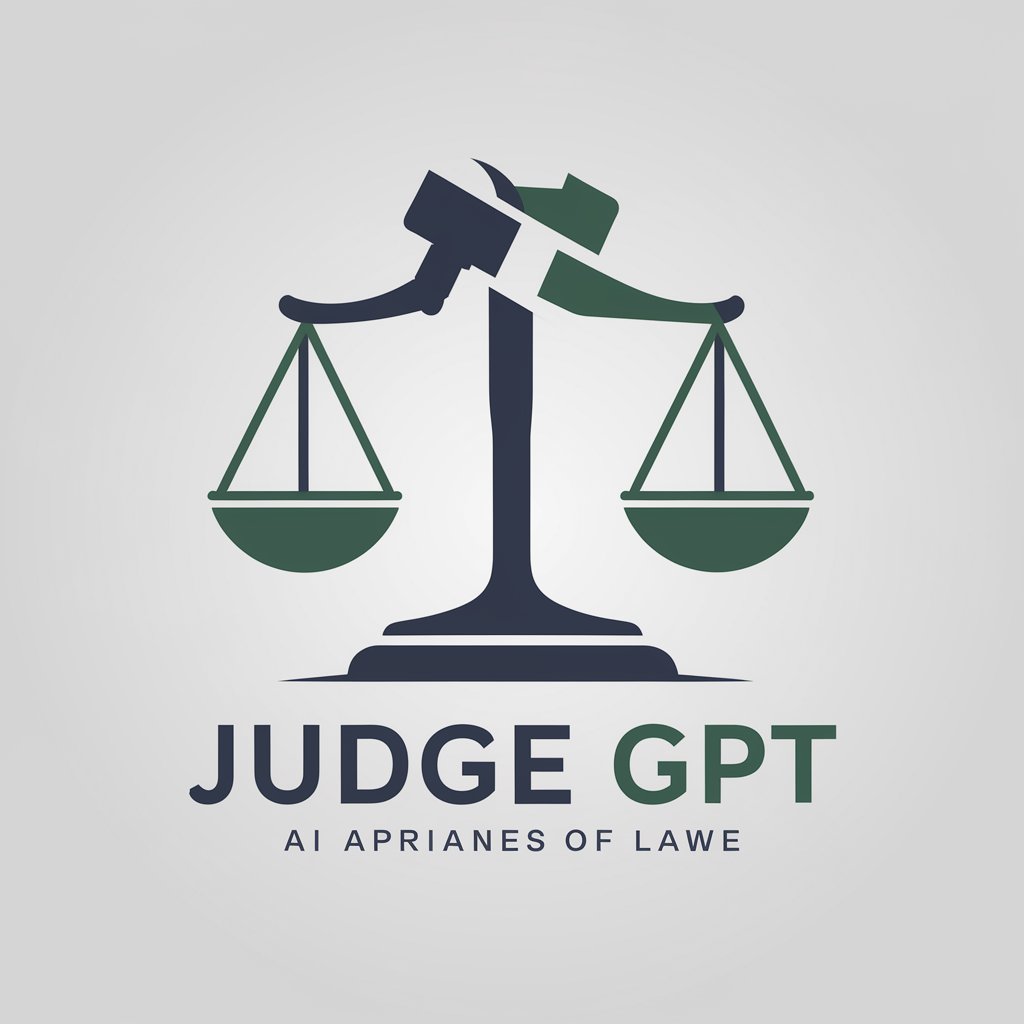
Brief Bot
Transforming Case Law with AI
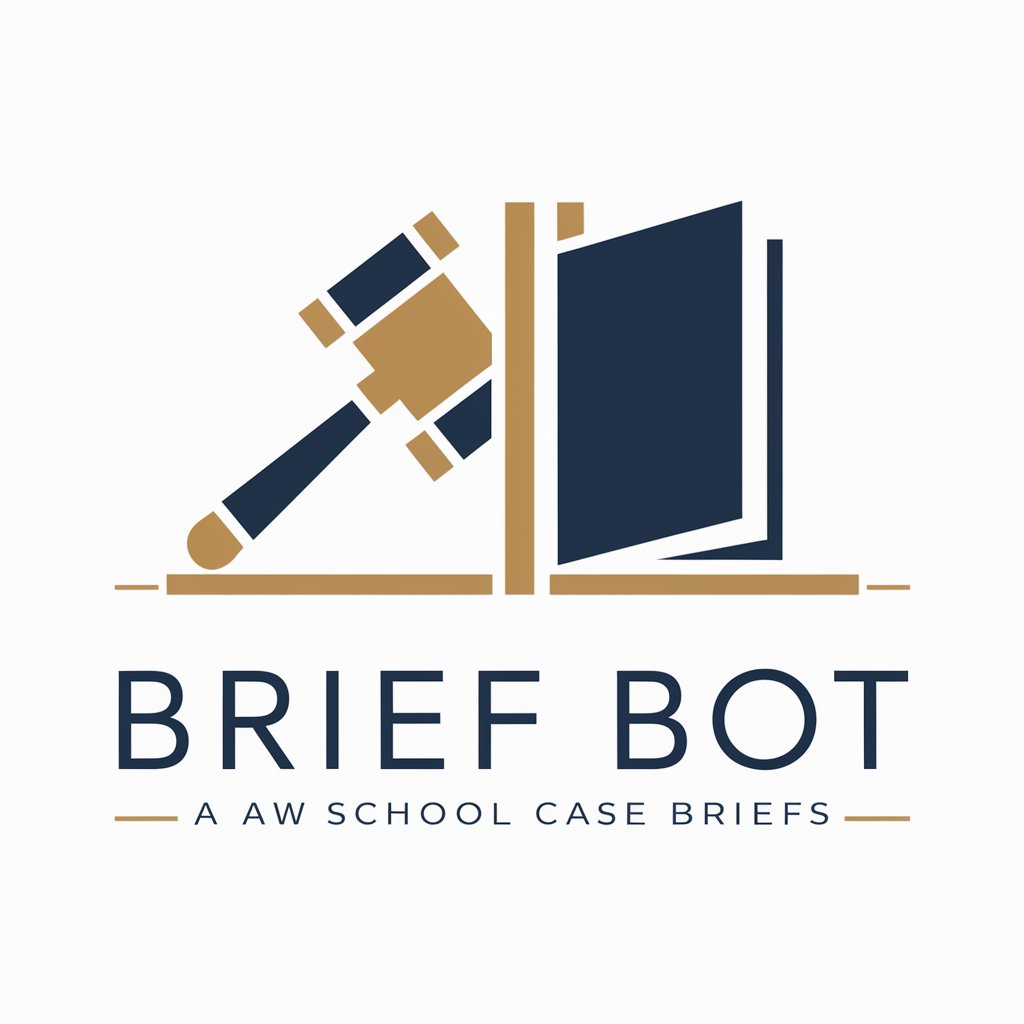
Lone Star Legal Advisor
AI-powered Texas Family Law Expertise

Aussie Law Guide
Empowering self-representation with AI
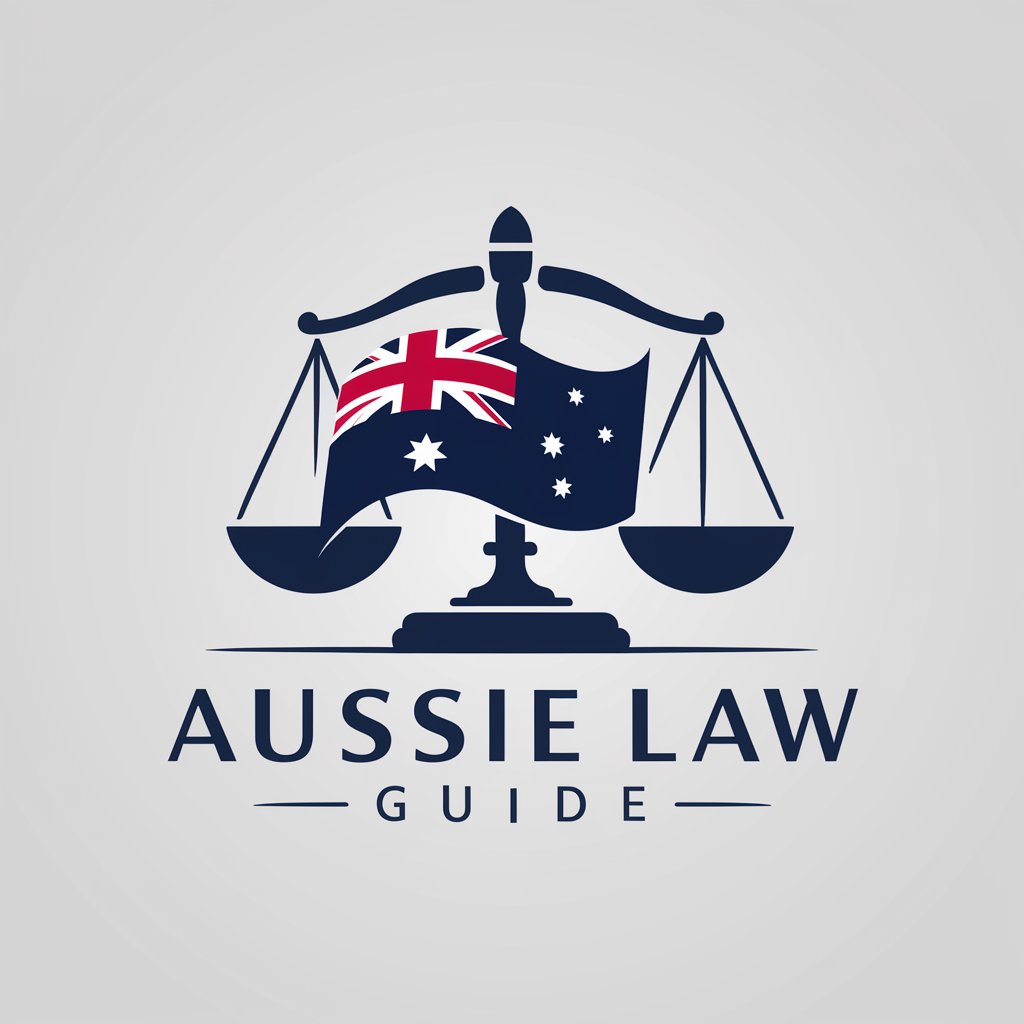
Single Dad's Custody Companion
Empowering single dads with AI-driven legal and relationship guidance.
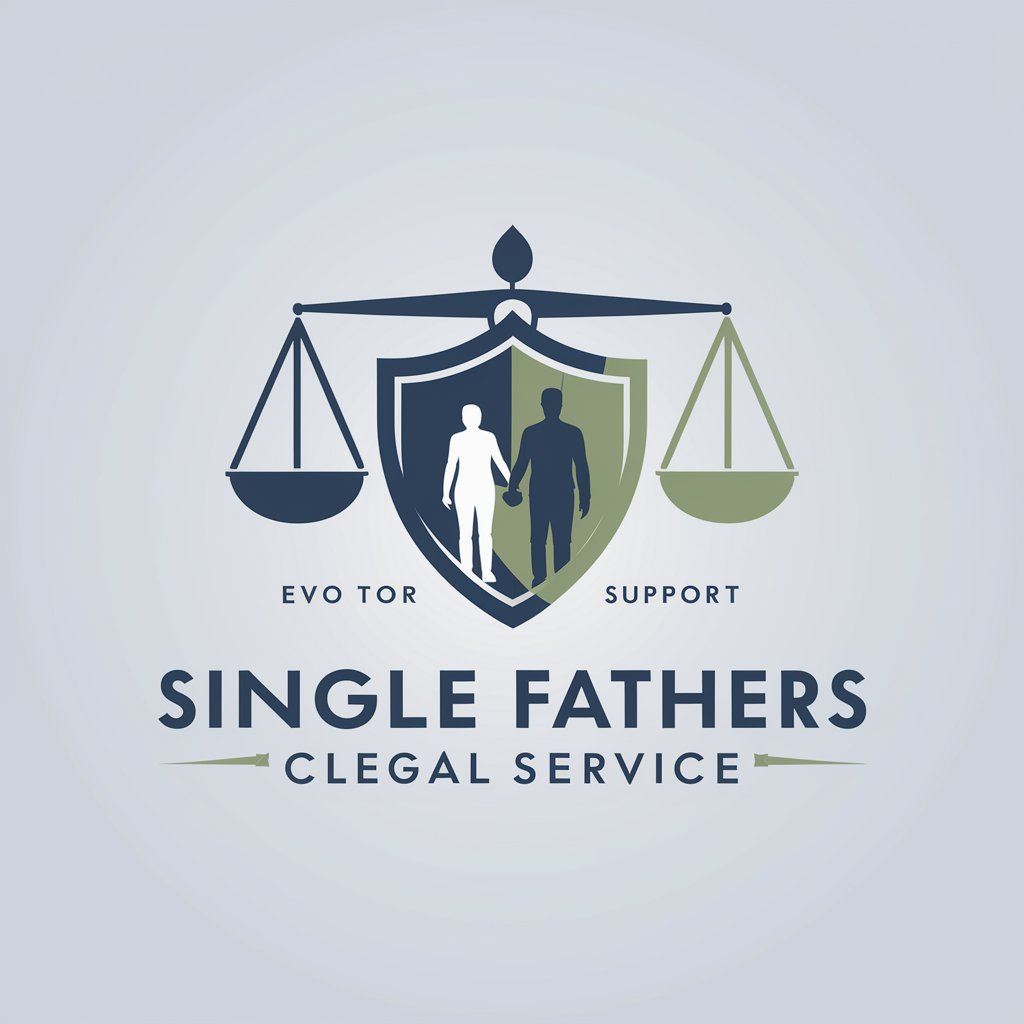
Federal Rules Assistant
Empowering legal insights with AI
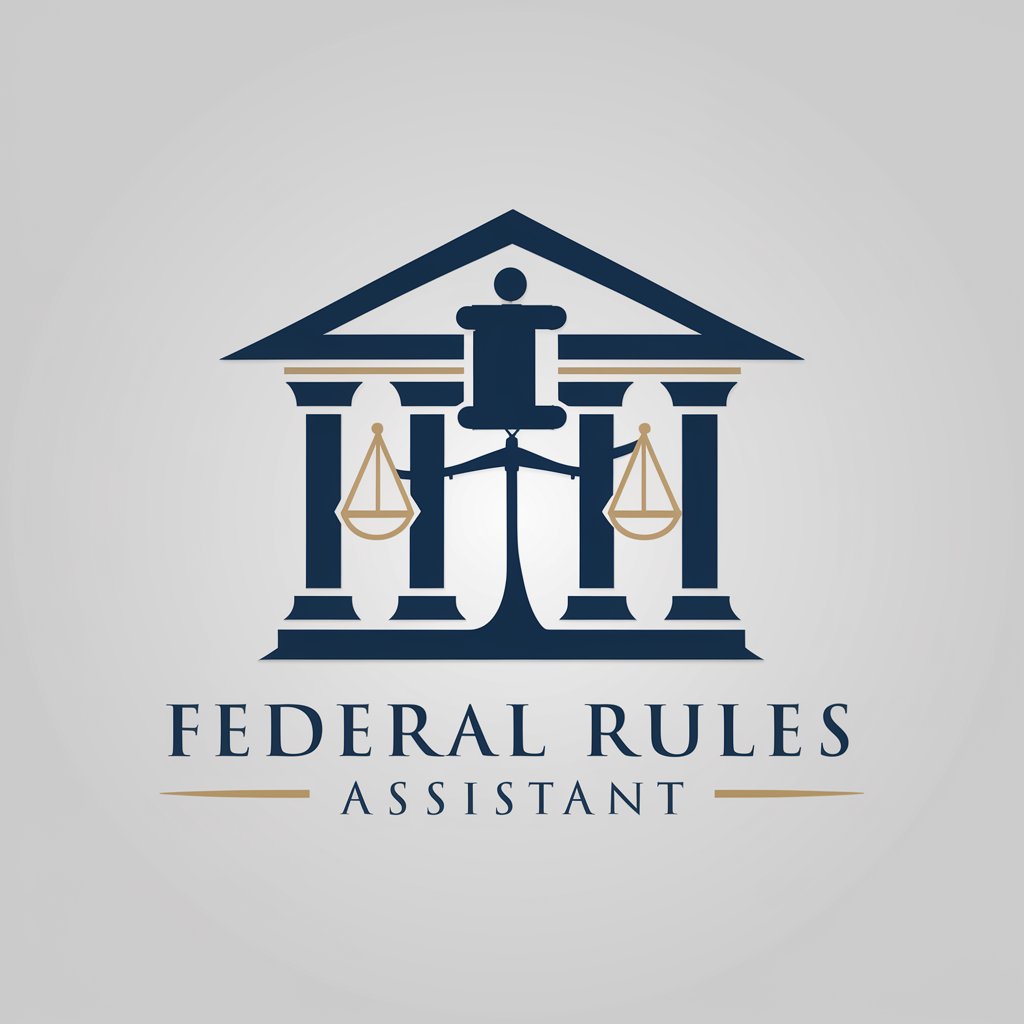
Rhody Receiver
Streamlining Receivership Management with AI

UK Court Criminal Defence
Demystifying UK Criminal Law with AI
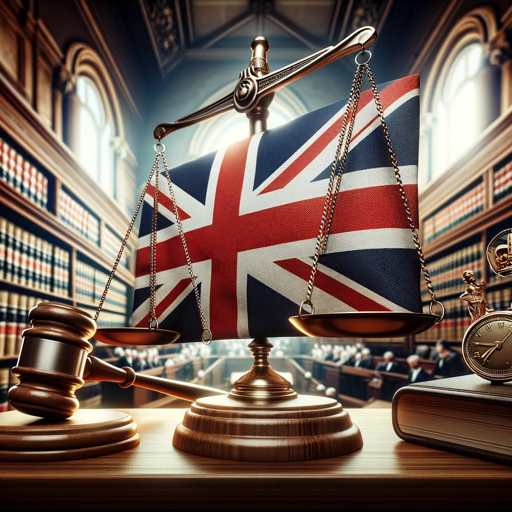
Avoid Ticket Guide
AI-powered legal guidance for traffic tickets
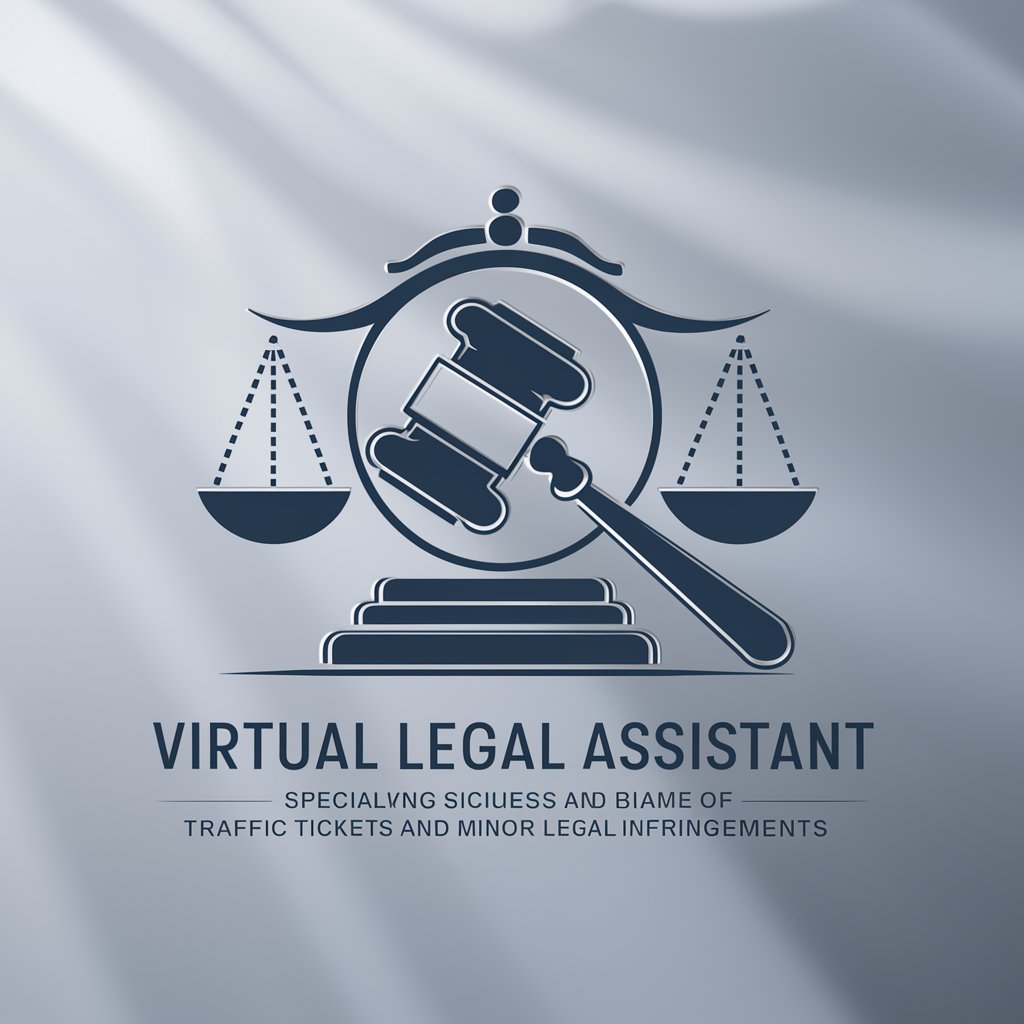
Friend of the Friend
Empowering Parents with AI-driven Court Assistance

Legal Guide
AI-powered Texas Child Support Guide
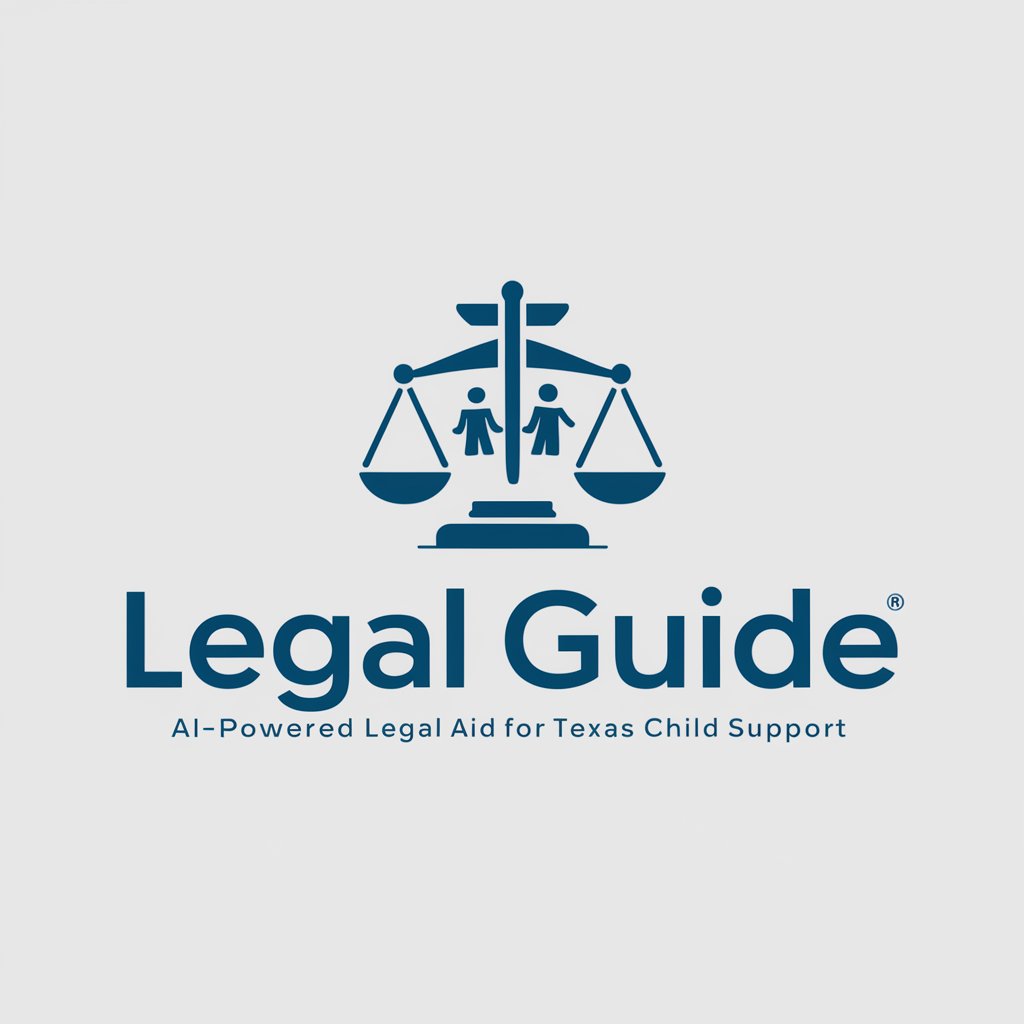
Legal Eagle
Your AI-powered Legal Navigator

Legal Genius
Empowering legal professionals with AI
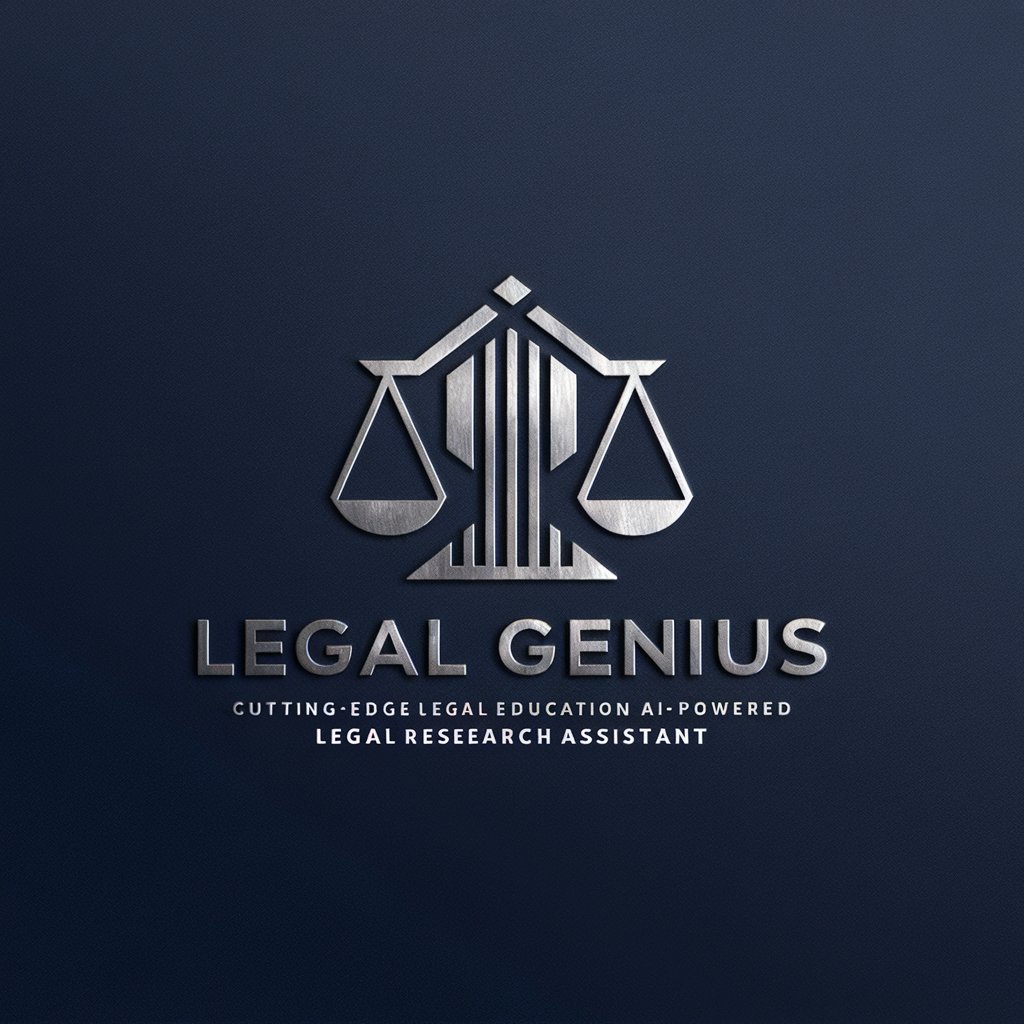
Traffic Law Guide
Navigate Traffic Laws with AI Power
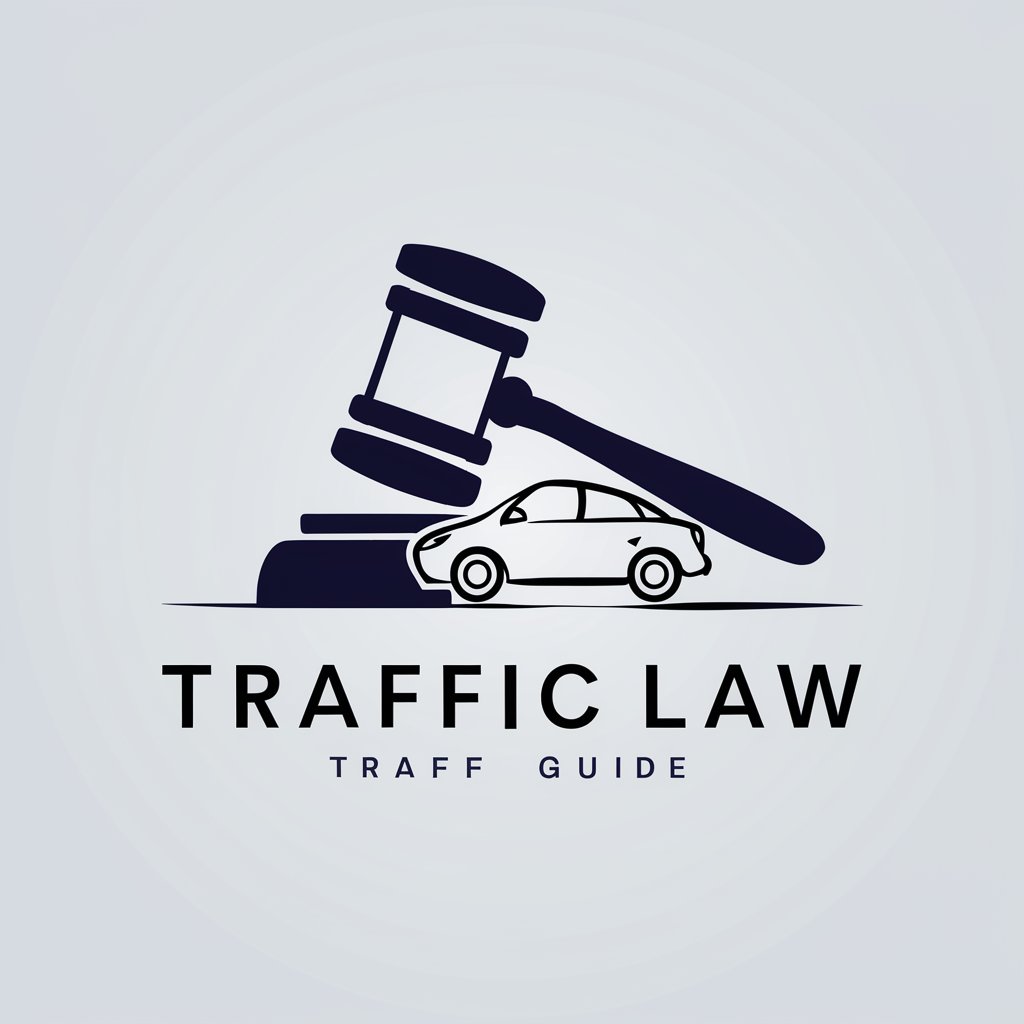
Case Brief Assistant
Empower Your Legal Analysis with AI
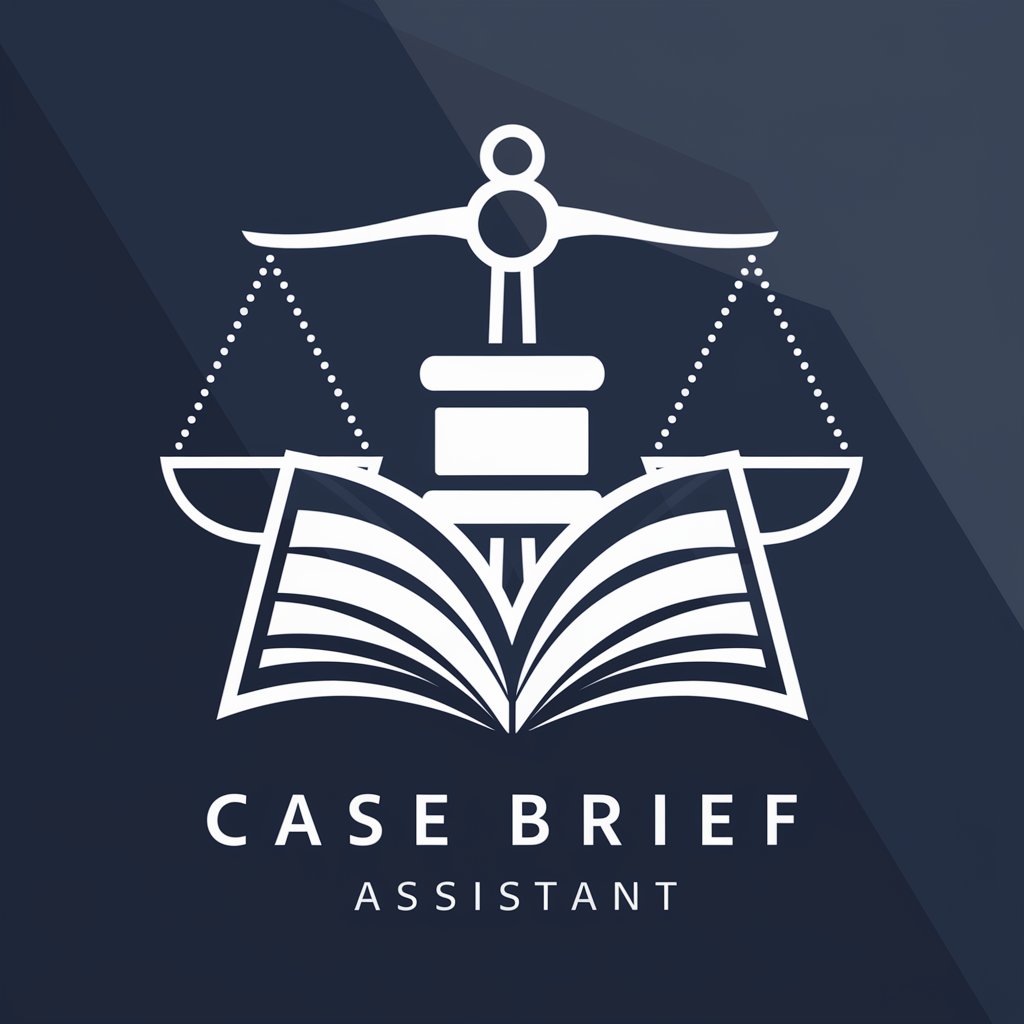
Character Letter for Court Free Custom GPT Prompt
Crafting Personalized Court Character Letters with AI
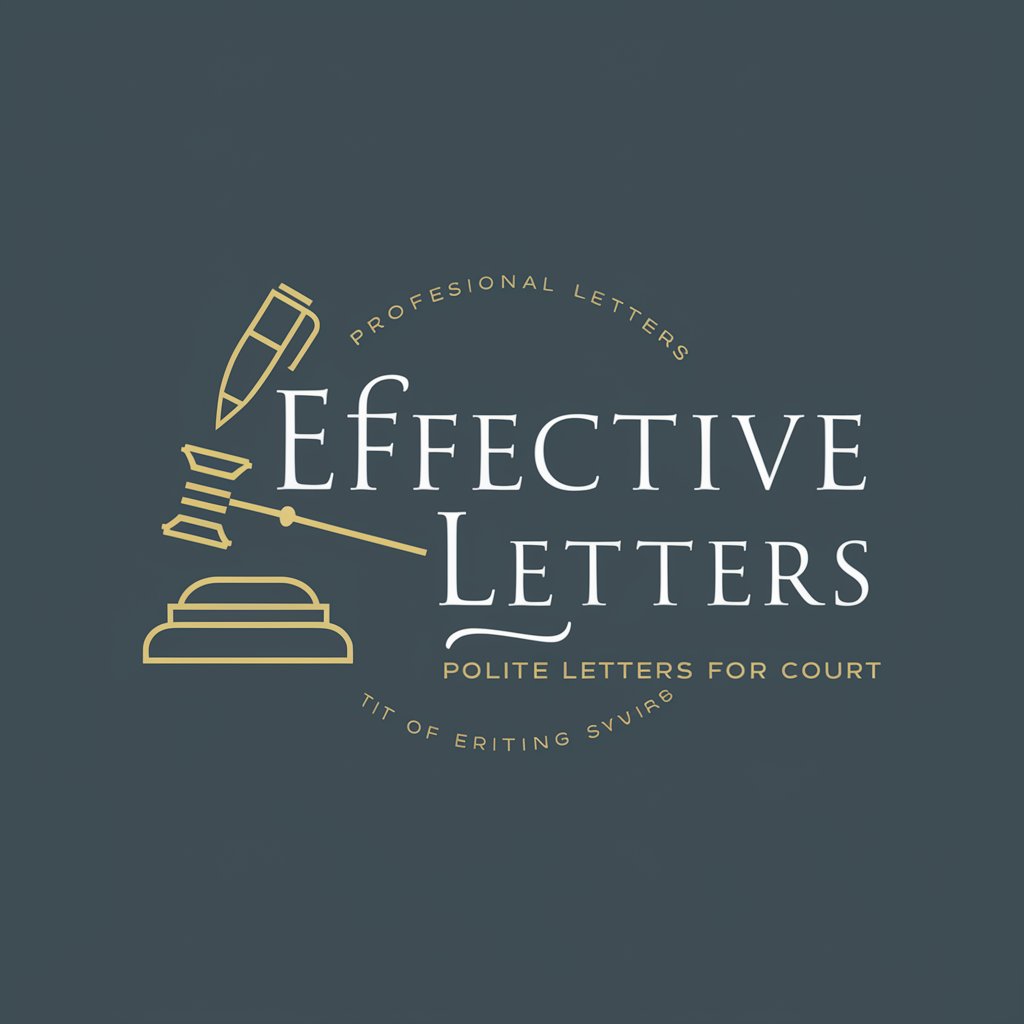
Key Attributes of Court Preparation AI Tools
These AI GPTs tools boast adaptability across a range of court preparation tasks, from generating legal documents to providing case law research. Noteworthy features include natural language processing for understanding and generating legal texts, data analysis for evidence evaluation, and simulation capabilities for mock trials. Specialized functionalities also encompass image creation for evidence visualization, technical support for legal software integration, and advanced web searching for comprehensive legal research.
Who Benefits from Legal Preparation AI?
The primary beneficiaries of AI GPTs for Court Preparation include legal professionals like lawyers, paralegals, and law students. Additionally, it serves court reporters, legal researchers, and developers looking to integrate AI into legal tech solutions. The tools are designed to be user-friendly for novices without coding skills, while also offering deep customization for tech-savvy users and developers.
Try Our other AI GPTs tools for Free
Beginner Assistance
Discover AI GPTs for Beginner Assistance: your gateway to mastering new skills and technologies with ease. Tailored solutions for novices and professionals alike.
Genre Introduction
Explore the world of genres with AI GPTs for Genre Introduction. These tools offer in-depth insights, analysis, and content generation across literature, music, film, and more, designed for enthusiasts, developers, and professionals.
Research Reference
Explore AI GPTs for Research Reference: cutting-edge tools designed to revolutionize how research is conducted, making it more efficient and accessible to a wider audience.
Therapeutic Planning
Discover AI GPTs for Therapeutic Planning: cutting-edge tools transforming healthcare with personalized, data-driven treatment strategies. Tailored for professionals and patients, they redefine therapeutic precision and effectiveness.
Moderation Automation
Discover how AI GPTs revolutionize content moderation with advanced, adaptable AI tools designed for real-time, accurate content analysis and management.
Inclusivity Tools
Discover how AI GPTs for Inclusivity Tools are revolutionizing digital accessibility, offering tailored solutions to create more inclusive and equitable online environments for everyone.
Expanding Horizons with AI in Legal Preparations
AI GPTs offer a transformative approach to legal preparations, enabling seamless integration with existing workflows and systems. They provide user-friendly interfaces that democratize access to advanced legal research and preparation tools. These AI solutions are not just about automation but about enhancing the strategic capabilities of legal professionals.
Frequently Asked Questions
What are AI GPTs for Court Preparation?
AI GPTs for Court Preparation are specialized tools utilizing artificial intelligence to support legal professionals in preparing for court cases by offering services like document generation, legal research, and court scenario simulations.
How do these AI tools assist in legal document generation?
They employ natural language processing to create, review, and suggest improvements for legal documents based on current laws, precedents, and specific case details.
Can AI GPTs conduct legal research?
Yes, these tools can perform comprehensive legal research, summarizing relevant case laws, statutes, and legal precedents to support legal arguments and strategies.
Are these tools suitable for those without a technical background?
Absolutely, AI GPTs for Court Preparation are designed with user-friendly interfaces that allow legal professionals without coding skills to utilize them effectively.
How can developers customize these AI tools for specific legal applications?
Developers can access APIs and development kits provided by these AI tools to tailor functionalities and integrate them into existing legal tech ecosystems.
Do these AI tools offer evidence analysis?
Yes, they include data analysis features to evaluate and organize evidence, making it easier to establish case strategies.
Can AI GPTs simulate court scenarios?
Indeed, they can simulate court scenarios including mock trials, helping legal professionals prepare for various courtroom situations.
Are there any limitations to using AI GPTs for Court Preparation?
While highly effective, these tools should be used as a supplement to human judgment and expertise, particularly in complex legal cases requiring nuanced understanding.